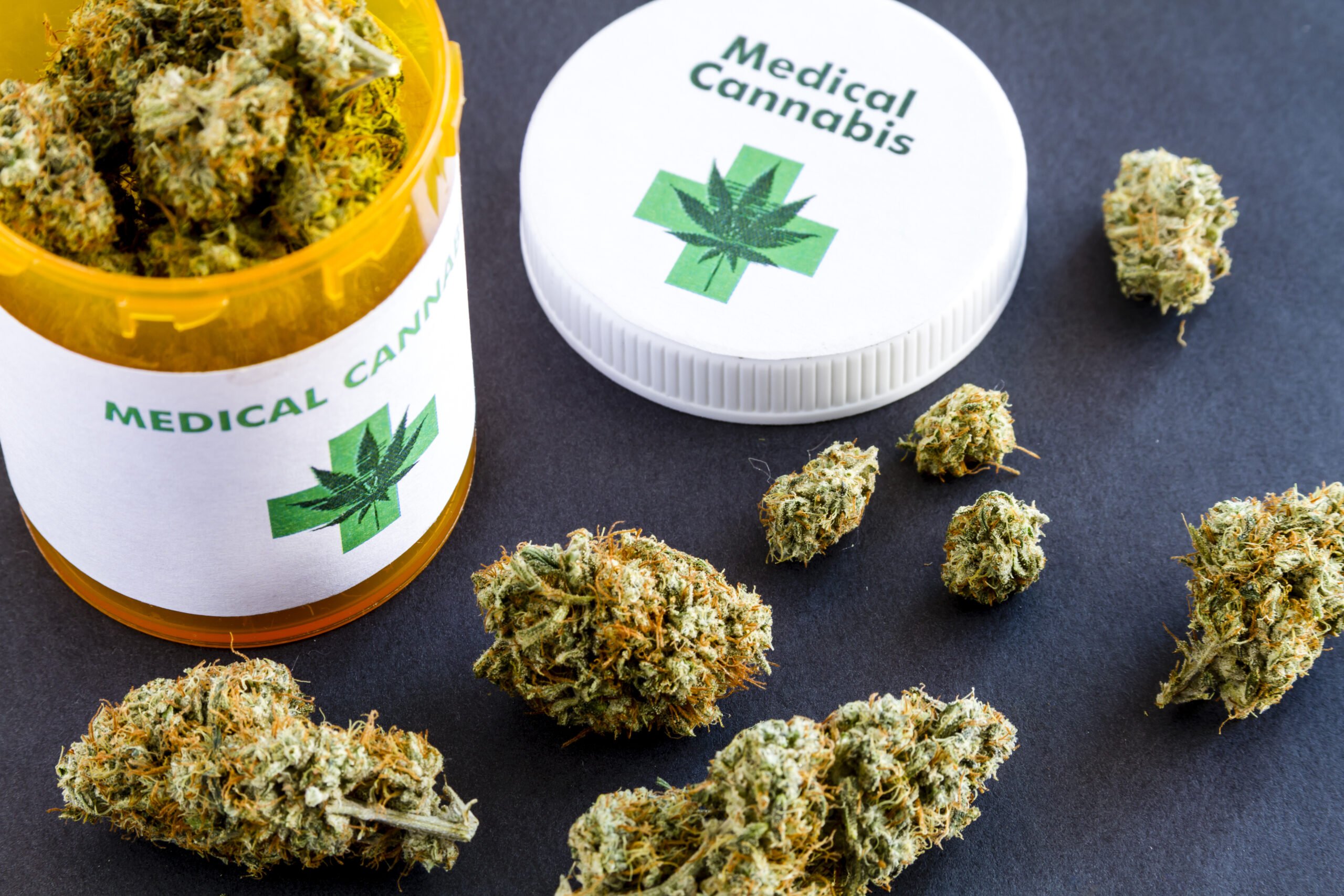Many individuals with unmet mental health needs have recently turned to medicinal cannabis as a potential treatment option. Despite the limited clinical evidence backing its efficacy, Australian healthcare practitioners progressively prescribe cannabis-based products for psychiatric conditions. This emerging trend, unearthed by researchers at the University of Sydney’s Lambert Initiative for Cannabinoid Therapeutics, holds the promise of igniting fresh avenues of research and potentially transforming mental health care. This article delves into the factors driving this trend, the hurdles it faces, and the imperative for a thorough investigation to validate its therapeutic viability.
Addressing Untreated Mental Health Needs:
The prevalence of mental health conditions in Australia has sparked concern, leaving many patients with limited treatment options and unresolved issues. Traditional therapies often fall short for specific individuals, prompting them to explore alternative methods to manage conditions such as anxiety, depression, ADHD, and autism. Medicinal cannabis has emerged as a secondary choice for these patients, spurred by growing curiosity and the aspiration to discover relief where conventional treatments have faltered.
Scrutinising Prescription Trends:
Supported by HCPA in facilitating cannabis research, Lambert Initiative researchers dissected the comprehensive record of medicinal cannabis prescriptions via the Special Access Scheme B (SAS-B). This scheme provides access to various CBD and THC products for medical purposes. The data uncovered a consistent rise in prescriptions since cannabis legalisation in 2016, with psychiatric conditions constituting a substantial portion of total approvals, reaching 33.8 per cent.
Despite the upward trajectory of cannabis-based treatments for mental health issues, an absence of high-quality clinical evidence underscores their efficacy. A discernible “evidence gap” exists in the psychiatric application of medicinal cannabis, prompting apprehensions regarding the legitimacy of current prescription practices. While anecdotal accounts and individual success stories abound, comprehensive studies are imperative to establish a robust scientific foundation that guides patients and healthcare practitioners. With a projected market size of $692 million by 2023, the Medicinal Cannabis industry is one of Australia’s fastest-growing sectors. At HCPA, our experts are poised to navigate you through regulations and industry intricacies.
One intriguing observation from the research is the prevalent use of THC-containing products to manage anxiety, despite THC’s reputation for triggering anxiety and paranoia in certain users. This paradox warrants deeper exploration into the intricate interactions between THC and mental health conditions. The unique positioning of the Lambert Initiative, bolstered by a diverse array of pre-clinical and clinical researchers, presents a suitable platform to unravel this intricate relationship.
To bridge the evidential chasm and glean profound insights into the therapeutic potential of medicinal cannabis for mental health, an urgent uptick in research funding is indispensable. Rigorous clinical trials, underpinned by stringent scientific methodologies, are pivotal in determining the safety, efficacy, and appropriate dosages of cannabis-based treatments for diverse psychiatric ailments. Such research endeavours will give healthcare practitioners and patients much-needed clarity, ensuring well-informed and evidence-based decision-making.
The ascending inclination toward using medicinal cannabis to address untreated mental health needs underscores the dire necessity for innovative treatment avenues in psychiatry. While patient testimonials and experiences carry value, rigorous scientific scrutiny is paramount to substantiate the therapeutic promise of cannabis-derived products. Outcomes from meticulous clinical trials possess the potential to unlock new vistas in mental health care, proffering hope to countless individuals yet to unearth respite from conventional therapies. Investing in research funding and fostering collaboration among field experts will prove instrumental in establishing medicinal cannabis as a credible and evidence-based complement to psychiatric treatments. As we navigate this uncharted terrain, responsible usage, patient well-being, and scientific integrity must remain the lodestar of our pursuits.
HCPA is an all-in-one solution for Medicinal Cannabis providers, supporting them with registration, growth and consulting. Contact us now at here or call 03 9084 7472 to learn how we can help you succeed.
SOURCES | The University of Sydney ‘Patients with unmet mental health needs are turning to medicinal cannabis’ |





